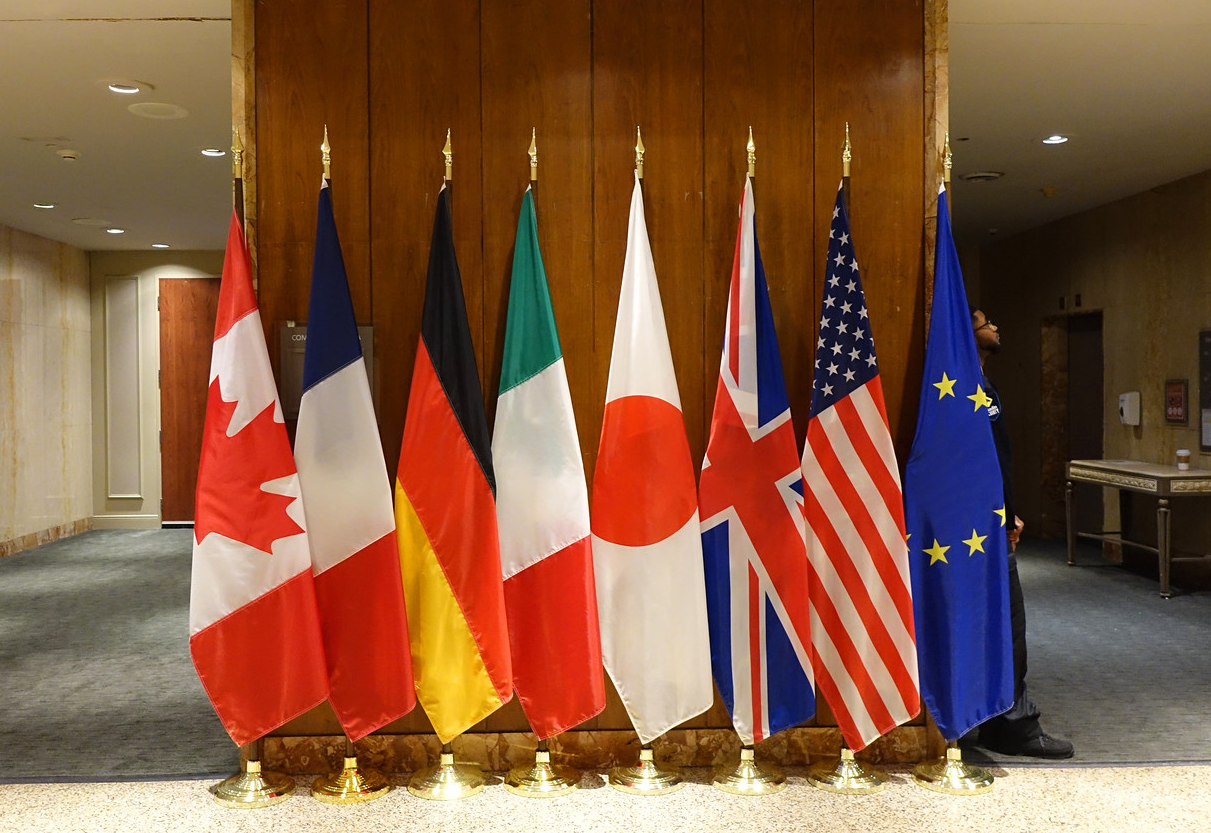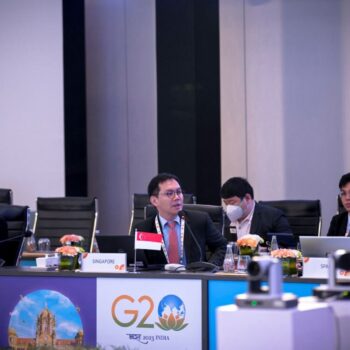The G7 Leaders’ summit begins in Elmau Germany this weekend after months of preparatory talks. As the world’s biggest economies, G7 can set the tone and pace for how climate objectives can be prioritised in a context of multiple crises. Leaders commitment to climate action seems to have weakened since the G7’s Energy, Climate and Environment Ministers met last month,
G7 Leaders’ summit: The key things to watch
Climate Clubs: Establishing a ‘cooperative climate club’ has been one of the main climate priorities of the German G7 presidency, and Chancellor Scholz. If the initiative is to have any credibility and staying power, the communique will need to signal ambition on industrial decarbonisation and outline a process that goes beyond the G7 and that is inclusive to developing countries.
Whether clean energy gets a seat at the big energy security table: Energy and climate ministers anchored the energy transition as a route towards more energy security. Leaders may reaffirm this, putting renewables and their clean energy companions at the forefront, but the G7 will be watched on what they commit to on their own transitions away from coal on the way to their commitment to decarbonise electricity sectors by 2035.
G7 flip flopping on ending international public financial support for fossil fuels: German chancellor Scholz could try to water down a commitment from COP26 that would see a phase out of international public support for all fossil fuels by end of 2022, in an effort to secure fresh gas supplies for Germany. G7 Energy and environment ministers finally brought Japan – the last G7 holdout – into the commitment in May. The UN Secretary General has made it clear that new investment in fossil fuels is “delusional”.
Real support on climate impacts: G7 Development Ministers spoke about a Global Shield Against Climate Risk, and Climate and Energy Ministers recognised the role of G7 countries in scaling up public and private finance for loss and damage. But the big risk is that there is too much focus on insurance and not enough additional finance needed for addressing climate impacts and building resilience to future shocks. Climate and Energy Ministers affirmed they are working to meet the Glasgow pledge to double adaptation finance but failed to explain how this will be accomplished or announce a standalone adaptation implementation plan.
Unlocking finance for global climate transitions: On funding global transition, G7 have been talking up
JETPs w , but have yet to present a scalable approach to fund the seven-fold increase in renewable energy investments that the IEA believes will be necessary for developing countries to meet net zero by 2050. Beyond energy transition finance, after years of pandemic-induced economic crises, developing countries need a general boost to finances to keep space for responses to the climate crisis. However, the much anticipated reallocation of $100bn of SDRs (originally issued last year) from richer to poorer countries is still falling short so the G7 will be watched on bringing the reallocation over the line.
Shifting the trillions: Media reports that President Biden will push the G7 to deliver on last year’s promise to scale up infrastructure transition finance from “from billions to trillions” to narrow the investment gap to meet net-zero by 2050. Biden’s National Security Advisor Jake Sullivan told media that the new initiative will amount to hundreds of billions of dollars in G7 investment over time and will match the size of China’s Belt and Road initiative. After its predecessor was hampered by the lack of financial firepower money, he said the relaunch will be supported by a “relatively-modest” budget allocation.
Available for G7 Leaders’ Summit comment and background briefings
Alex Scott, Programme Lead (Climate diplomacy and geopolitics; EN)
+44 (0)7482 750 760, alex.scott@e3g.org
Johannes Schroeten, Policy Advisor (Fossil Fuel Finance; EN, DE)
+49 (0) 160 9596 4443, johannes.schroeten@e3g.org
Domien Vangenechten, Policy Advisor (Climate Clubs; EN, NL)
+32 (0)474 87 18 27 domien.vangenechten@e3g.org
Lisa Fischer, Programme Lead (Energy; EN, DE))
+44 7710167554, lisa.fischer@e3g.org
Julian Havers, Programme Lead (Shifting the trillions; EN, DE))
+49 1602120435 Julian.havers@e3g.org
– ENDS –
Notes to Editors
- E3G is an independent climate change think tank with a global outlook. We work on the frontier of the climate landscape, tackling the barriers and advancing the solutions to a safe climate. Our goal is to translate climate politics, economics and policies into action. About – E3G
- For further enquiries please email press@e3g.org or phone +44 (0)7783 787 863


